How To Find Legit Publishers And Avoid The Bad Guys With Writer Beware Founder @VictoriaStrauss
Questions About Publishers
Writers ask me questions about publishers every day: What’s the best way to publish my book? Or, Is this a good publisher or a scam? And my answer is always the same:
Head over to WriterBeware.com. Victoria started the site with other founders in 1998. It is volunteer-run. More info here:
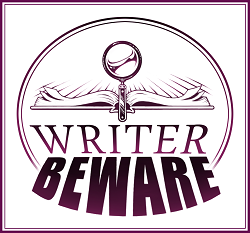

Although we’re sponsored by US-based organizations of professional writers of fiction and non-fiction, our efforts aren’t limited by country, genre, or publication history. We’ve designed the Writer Beware® website so it can be used by any writer, new or established, regardless of subject, style, genre, or nationality.
Thankfully, Victoria agreed to be my most recent #BookMarketingChat guest! She brought a treasure trove of valuable information for writers at any stage of our careers.
#BookMarketingChat
I started #BookMarketingChat about five years ago – to help writers learn not only how to use social media (that’s in my book), but also how to use it specifically for book marketing and to gain insider publishing info. I also wanted to help writers gain confidence in the writing and publishing process.
I was really pleased to have Victoria as my guest on my weekly #BookMarketingChat! She is a talented author and passionate author advocate. She shared a ton of amazing tips writers can use right now to help navigate the publishing industry and your own writing career. See the Q&As below to immediately implement the strategies she uses or read the entire summary (all tweets and replies) here.
You can also find more detailed information in my updated for 2020 BadRedhead Media 30-Day Book Marketing Challenge – lots more tips on book marketing and social media as well.
For more awesome info, join my weekly #BookMarketingChat on Twitter – every Wednesday at 6 pm pst/9 pm est. New guests and topics each week! Just type in the hashtag to join us OR catch the summary on Facebook.
Writer Beware
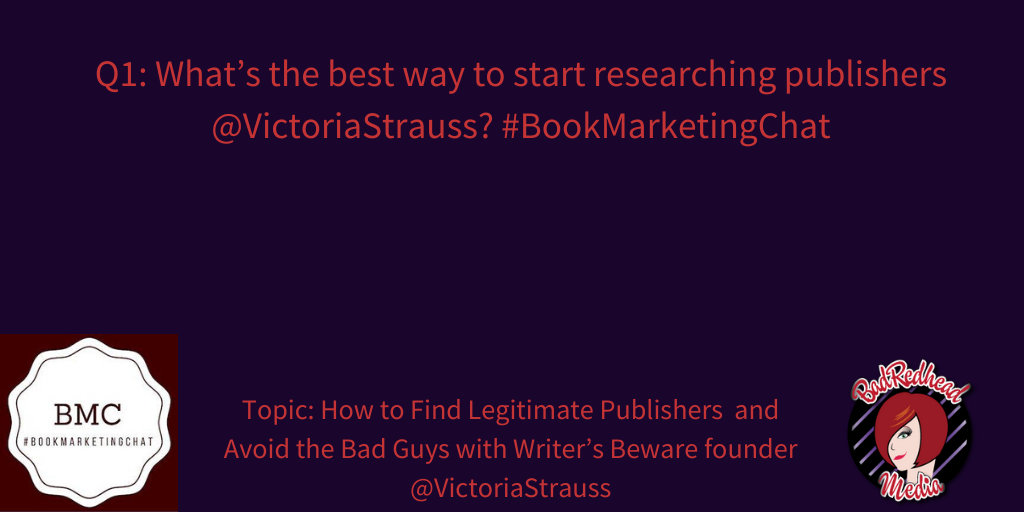

Q1: What’s the best way to start researching publishers?










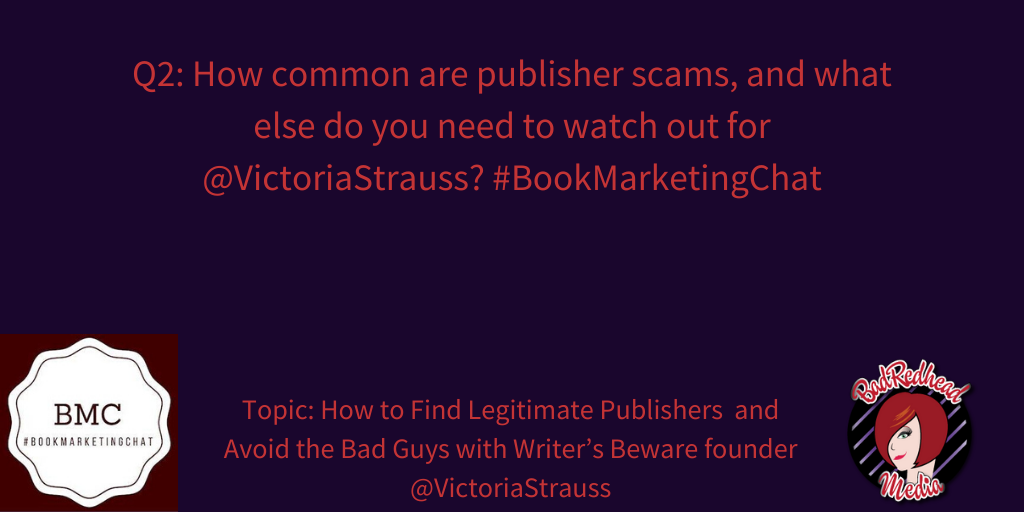

Q2: How common are publisher scams, and what else do you need to watch out for?










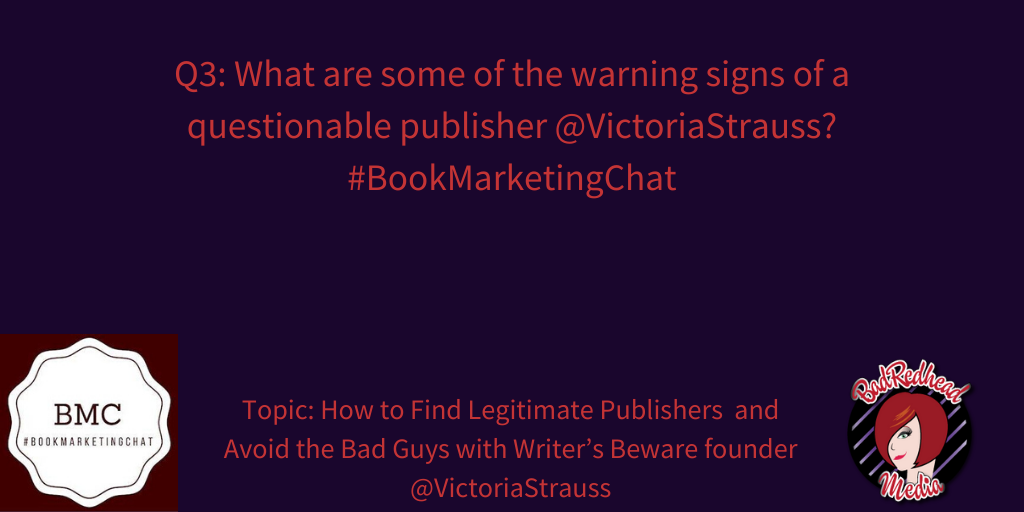

Q3: What are some of the warning signs of questionable publishers?




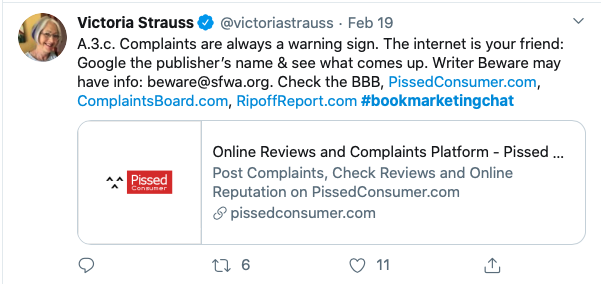





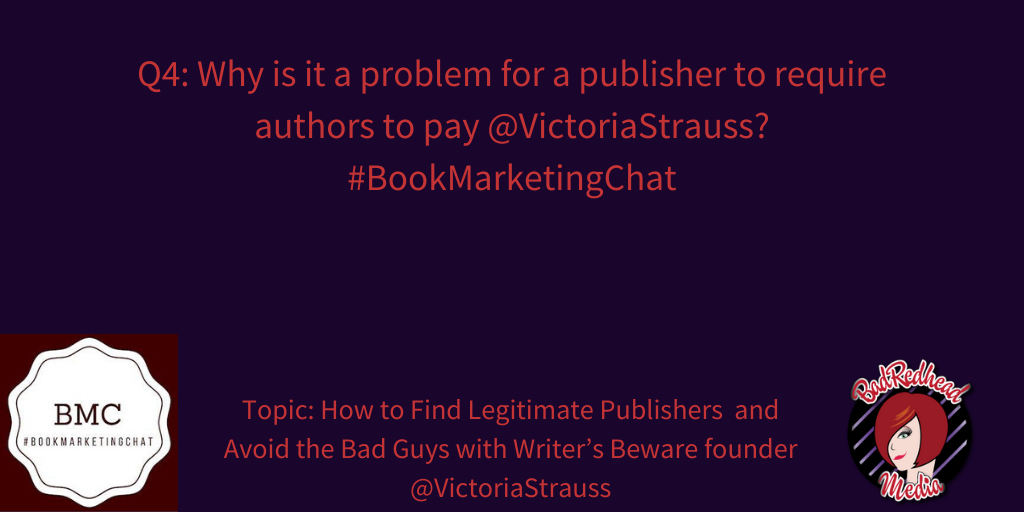

Q4: Why is it a problem for publishers to require authors to pay?










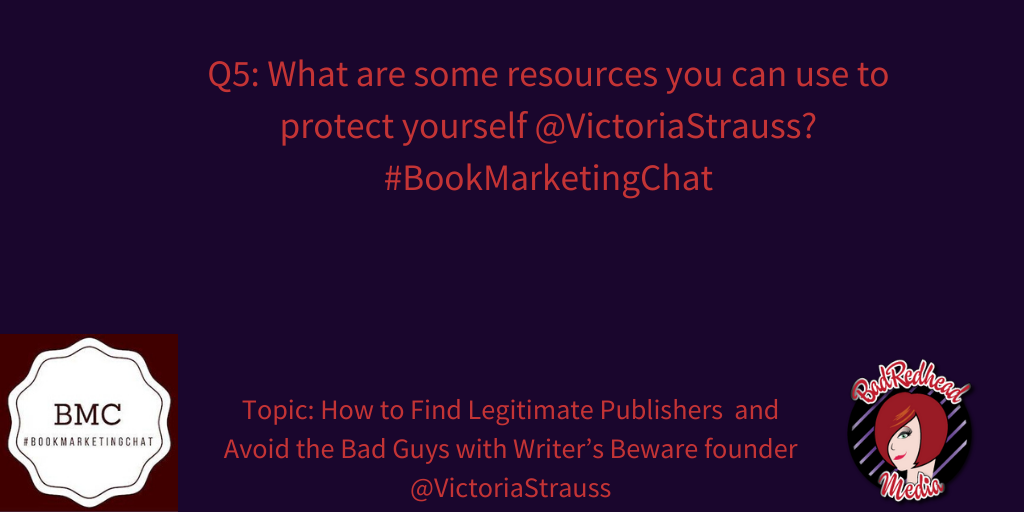

Q5: What are some resources you can use to protect yourself from publisher scams?










Victoria Strauss
Adult & YA novelist (9 books), fanatical gardener, co-founder of SFWA’s Writer Beware. Mostly tweeting abt scams, publishing, & other items of writerly interest
For a more detailed plan on developing your book marketing, purchase Rachel’s new book,
The BadRedhead Media 30-Day Book Marketing Challenge
Now on Amazon!
Readers’ Favorite Silver Award Winner!
The BRHM Mailing List
Sign up for the BadRedhead Media newsletter and receive 10 Blogging Basics For Every Author!
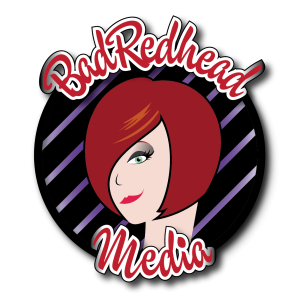

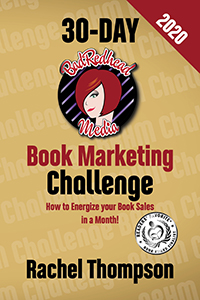
I have to say, I am pretty disappointed to see this blanket characterization of hybrid publishers. Yes, there are people out there who are calling themselves hybrid publishers, but are really vanity presses. Hybrid publishing is a legitimate channel for assisted publishing, and the IBPA has been working hard to establish standards for hybrid presses. https://www.ibpa-online.org/page/hybridpublisher In full discloure, I work closely with a hybrid publisher, one that Rachel knows quite well. So, instead of making blanket claims about hybrid publishers, it would be better to educate authors on how to determine the legitimacy of a company they are considering for publishing.
“Hybrid publishing is a legitimate channel for assisted publishing….”
No.
Hi, Nancy,
Nuance is hard to do in 280 characters. For my more detailed take on hybrid publishers, please see the Writer Beware website: https://www.sfwa.org/other-resources/for-authors/writer-beware/vanity/#Hybrid .
I’m prepared to admit that there are some “real” hybrids–in the sense of publishers that charge a fee but provide advantages beyond those available from vanity publishers or assisted self-publishing services (such as rigorous curation, high royalties, brick-and-mortar distribution, and more). But they are not common, they are typically very costly, and one thing they never really address is how likely it is that authors will ever sell enough books to recoup their fees–surely something one would want to know before plonking down a large amount of money.
The vast majority of self-styled hybrids that I’ve encountered (and I get dozens of questions about such companies every week, and research each one) are really nothing more than fancied-up self-publishing service providers, with publishing packages that are little different from those offered by Author Solutions imprints, or vanity publishers that have co-opted the label, and have built a business model around deceptive self-presentation and author exploitation.
The IBPA criteria are a well-intentioned, good-faith effort to address this issue. The problem is that they’re very easy to game. All a publisher has to do is claim it complies with the criteria, and present a reasonable appearance of compliance–and unless someone really digs into the publisher’s business practices, who’s to say it’s not telling the truth, even if it’s lying? A prime example is Austin Macauley, a predatory vanity publisher with a terrible contract, virtually no curation, no editing or marketing in any meaningful sense of the words, and the same limited distribution as a self-publishing platform. Yet it’s a member of IBPA and calls itself a hybrid, and is good enough at keeping up appearances that most people are convinced.
Austin Macauley is by no means an isolated example. Whether or not we can agree on how prevalent true hybrid publishers are, writers still need to exercise caution when they encounter the label, simply because it’s so extensively misused.
Hi, Victoria. Thank you for taking the time to respond. I can re-read your original tweet in a different way than I did initially, as pointed out to me. However, the general tone of the discussion is dismissive, and to mention hybrid presses in the context of predatory publishing practices preys on authors’ preconcieved notions of what it means to pay someone for publishing assistance. I do find your reference to hybrids to be condescending, with your usage of quotation marks around “real” and terms such as self-styled” and it demeans that work of honest hybrid publishers providing high-quality services to it’s authors. I think a more balanced discussion in order.
In the interest of balanced discussion, let me turn the question around a bit. What are your thoughts on publishers, like Austin Macauley, that use the hybrid label deceptively?
The question here is not whether there are bad operators, because obviously, there are. The question is, can we talk about other publishing models without painting them as scammers? As I said in my original comment, the key is education and urging due diligence, not fear-mongering.
Thank you for your further clarification. I operate a hybrid press and a small traditional press, as well as a separate business that helps people professionally self-publish their book.
I’d like to share a bit of my perspective on this.
I see lots and lots of people who refuse to pay anyone to help them publish their book and they publish something that is a hot mess. Others figure out how to do it on their own and look better than some books coming out of the Big 5. Still others prefer to just hand their book over to someone else and pay for that convenience. There are so many different options and I’d like to say that most of them are NOT wrong. Yes, there are some scammers.
But this blanket statement about hybrids and vanities is that – a blanket that puts everyone under the same nasty stigma. For some people a vanity press is exactly the right choice. Others don’t do their homework and get screwed. There are some companies that are straight up taking advantage of people… or trying to claim that they understand the ins and outs of publishing when in reality, they are just a self-publishing assist and can provide services but no real publishing guidance.
So…
I think the most important thing these days is that authors have to be educated and take a little bit of responsibility for their choices. The criteria the IBPA established give authors a checklist on topics they should know to ask – such as – Do you offer distribution? The next part of that is understanding what “distribution” means. It’s not just making your book available through IngramSpark – it’s – do you have a sales force or are you working with someone like Small Press United or IPG… now
here’s where it gets tricky. The author has to be savvy enough to understand that it’s not a killer if they don’t have a sales force… there are certainly lots of small trad presses who don’t have distribution agreements yet and sales teams.
Yes, hybrids can lie… but guess what? You can look at the books they’ve published, look at their website, google reviews on them and determine if the books they produce look good and are selling.
Authors that are seeking to publish with anyone who is charging a fee up front (which I can tell you as a hybrid publisher, I charge $4500 and we spend between $10,000 and $15,000 per author, so I assure you, we are not doing this to get rich, especially for the authors who have no intent to ever market themselves and grow their platforms – I can do a lot of things for people but I can’t grow them a following if they aren’t willing to do it) – so when considering the fees, they need to know and understand what those fees go to. I have an entire team devoted to supporting our authors and doing things I’ve realized are way above and beyond what any other publisher out there does… but my authors still get a very detailed listing of everything that fee goes toward.
We need to be getting educated on true red flags.
A True red flag is not whether or not you pay to work with them.
True red flags are companies that don’t have any type of submissions process. They take everyone who will pay.
A true red flag is that they don’t require an editorial process.
A true red flag is that they require you to buy thousands of dollars worth of books that either you have to figure out how to sell or that they then sell from… and still take a cut from your royalties.
I could go on.
I’ve seen small trad presses operate worse than some of these vanity presses… horrible covers, terrible editing, no layout.
The truth of the matter is – authors need to be EDUCATED about the process, the norms, and the whole process if they aren’t being published by a traditional press that is clearly functioning well.
But I think it’s unfair to throw all hybrid presses under the bus. And it’s also up to the author to put their butt in gear and do the work to sell their book. That’s why it’s so hard to get a big 5… because there has to be no doubt that the book will sell. And a lot of that comes from the authors ability to sell the book.
Anyway, I could continue for days…
The point is, that in today’s world, you can’t operate under blanket statements and stereotypes. There are literally 1000 different ways this can play out.
But if you’re educated on the process, if you know what seems right, what is acceptable in the industry (you can also go over to IBPA and get that amazing industry standards checklist which shares a lot of good info)
and when all else fails – GOOGLE the company name + reviews. I assure you, if they’ve done things that piss people off, you’ll find it.
But I’ve also found that in many cases for every company that you hear someone call a scam and have a bad review about – you’ll find almost an equal number that had a very good experience and got exactly what they wanted / needed from it.
Be educated. Ask questions.
I have never sent anything nor trusted any self-publishing firms. I have always sent my stories to well-known and standard book publishing sites.
Is Stellar Publishing company a good company to publish my book?